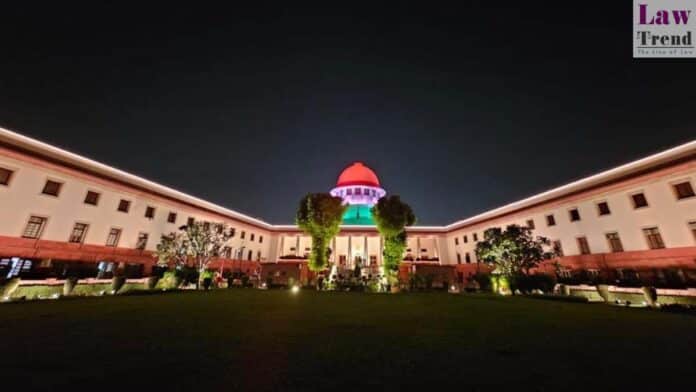The Supreme Court on Thursday reserved its verdict on a batch of petitions challenging the validity of the electoral bonds scheme for funding political parties.
A five-judge constitution bench comprising Chief Justice D Y Chandrachud and Justices Sanjiv Khanna, B R Gavai, J B Pardiwala and Manoj Misra had on October 31 commenced hearing arguments on the four petitions, including those filed by Congress leader Jaya Thakur, the Communist Party of India (Marxist) and NGO Association for Democratic Reforms (ADR).
The scheme, which was notified by the government on January 2, 2018, was pitched as an alternative to cash donations made to political parties as part of efforts to bring in transparency in political funding.

According to the provisions of the scheme, electoral bonds may be purchased by any citizen of India or entity incorporated or established in India. An individual can buy electoral bonds, either singly or jointly with other individuals.
Only the political parties registered under Section 29A of the Representation of the People Act, 1951 and which secured not less than 1 per cent of the votes polled in the last election to the Lok Sabha or a state legislative Assembly are eligible to receive electoral bonds.
According to the notification, electoral bonds shall be encashed by an eligible political party only through an account with an authorised bank.
The apex court had, in April 2019, declined to stay the electoral bonds scheme and made it clear that it will accord an in-depth hearing on the pleas as the Centre and the Election Commission had raised “weighty issues” that had “tremendous bearing on the sanctity of the electoral process in the country”.







